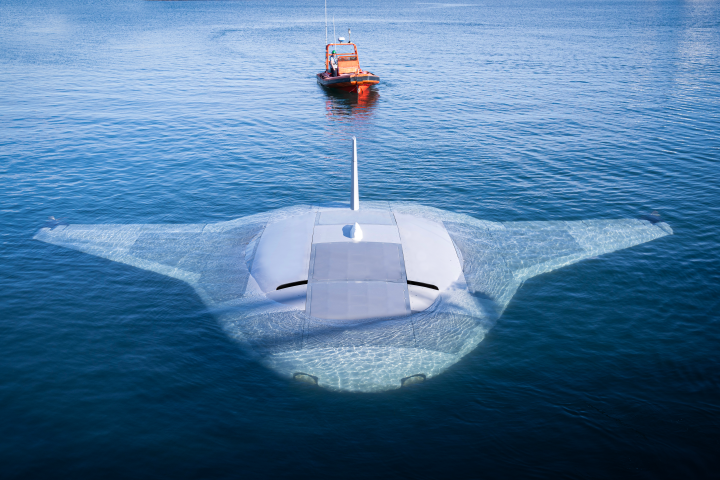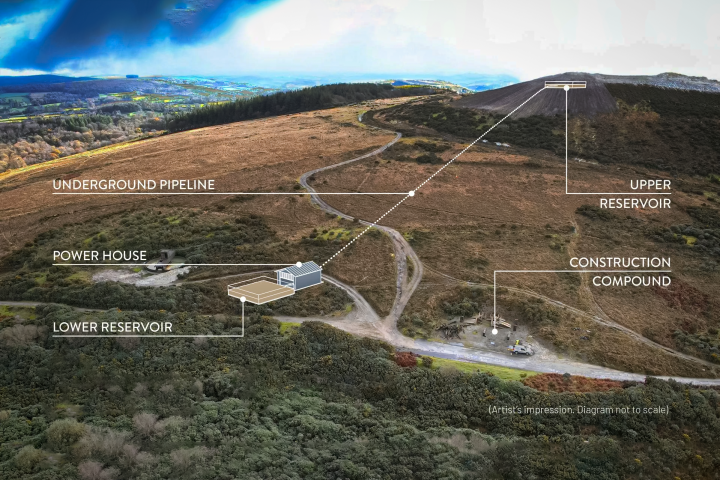On September 15, an Airbus A320 successfully completed the first in-flight trial of GSM mobile telephones aboard an airliner. The test flight, which took place out of Toulouse, is the first milestone in Airbus' plans to offer in-flight mobile telephony services to passengers by 2006.
GSM service, web browsing, email, and virtual private network (VPN) were all flight tested as was Intranet from onboard servers and PDA's for crew use. In addition to this, wireless telemedicine, including a simulated emergency, demonstrated priority communication over other services.
Successful trials of multiple simultaneous wireless technologies on board an A340-600 were also completed. Tests used technologies based upon emerging standards including GSM/UMTS for mobile telephony, wi-fi (IEEE 802.11) and Bluetooth for mobile computing services. Inmarsat SWIFT64 was the satellite link to the ground.
Functional tests were performed in which several different GSM telephones were used simultaneously for both voice communications and text messaging. Communications to and from personal mobile telephones onboard to mobile and fixed telephones on the ground and to another mobile telephone aboard were successfully demonstrated.
A key objective of Airbus is to provide passenger connectivity at affordable prices. This will mean implementation of affordable technologies, as well as cost-effective, flexible and personalised services for passengers that are in line with current international mobile-telephone charges.
The equipment and software used in the trials was developed by Airbus and supported by the telecommunication specialist Icarelink. The signals from the mobile telephone went first to a "picocell" inside the aircraft, then to a computer server that routed them through the Globalstar satellite communications network to the ground, and then finally to ground-based telephone networks.
The trials culminated a two-year research programme by the Wireless Cabin consortium, led by the German Aerospace Centre DLR and supported by the European Commission.
Unless Airbus has plans for much more spacious aircraft, future flight for business passengers could feel like a busy office crammed in to the space of a telephone booth. Try minding your own business or hiding corporate secrets when this is standard on all flights.





